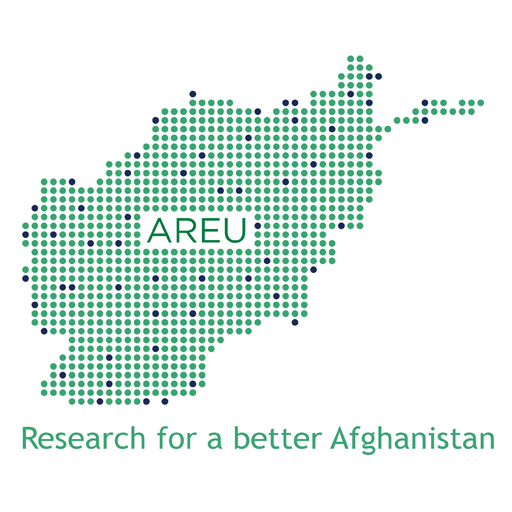
29 Nov Women and Elections II: Women for Women in Bamiyan
Posted at 10:58h
in Blogs
Bonus read: AAN analyst Sare Kouvo explores some of the issues raised by AREU’s Legacies of Conflictresearch
AREU is running a series of blogs examining some of the issues emerging from its research on women’s participation in parliamentary and provincial council elections. Each offering a snapshot of a different candidate or community, these case studies will form part of a paper to be released at the end of this year.
AREU is running a series of blogs examining some of the issues emerging from its research on women’s participation in parliamentary and provincial council elections. Each offering a snapshot of a different candidate or community, these case studies will form part of a paper to be released at the end of this year.
In the community of Dara-i-Foladi in Bamiyan Province, the determination of women voters to select a female candidate who could respond to their needs is a reflection of both the massive gains of the past decade, and the challenges that still lie ahead.
On the surface at least, women here are free to lead a relatively active political life. All of the women we spoke to in this community took part in the most recent rounds of parliamentary and PC elections, reportedly with the active support of both male family members and community elders. Several women also recounted their experiences of going to hear different candidates talk at mixed campaign meetings—something of a rarity in other research sites. Combined with this support for greater political participation was an active drive by both male and female community members to expand female education. As one middle-aged man reflected, “I thought to myself, ‘what should we do for a better life?’ So I registered my wife with a literacy course, and now she is busy writing and studying.†One female informant even reported an elderly blind woman sitting in on one such course to set an example for the young.
However, with such sweeping changes occurring in the space of less than a decade, both people’s perceptions and their behaviour are still very much in a state of flux. While many men were keen to stress that women’s participation in the 2004-05 polls had only been weaker due to their low awareness, the community’s relatively young mullah acknowledged that, at least in some cases, this may have had more to do with their relatives’ unwillingness to let them out of the house. In focusing on the technical challenges that women faced in terms of knowing where to tick or how to cast their ballot, the community’s men also glossed over what was in fact a much more important issue for several women: the sense of being shut out of community politics and the feeling that there was no-one to stand up for their interests.
While women may have been allowed to go through the motions of political participation, they were still largely confined to household roles and none reported attending meetings of the community’s shura, where many discussions about the upcoming election were held. Especially among female focus group participants, there was a strong sense that men had much greater access to information in the course of their day-to-day lives—information they were reluctant to share when they returned home. As one middle-aged participant put it, “I have seen that most men work in NGOs, in government offices…they are engaged with society, and they have a lot of information and experiences. But unfortunately they never share these kinds of issues with us.†A younger one added, “When we ask our husbands what is going on in the community, they insult us and say “it is none of your business, focus on your housework… stop talking like a mullah and trying to analyse the situation for me.â€
According to these women, not only were men oblivious to how politically handicapped they were, they were also unable to grasp how their needs might differ. In some cases, this could mean the difference between life and death, as one elderly respondent pointed out: “They should build our roads because most women who are giving birth die on the way to the hospital—this point is not so important for the men and it’s the women who suffer from it.†As a consequence, women in the community generally felt that they needed a female representative who would be sympathetic to their priorities and whom they would feel comfortable raising their problems with.
An opportunity to change things presented itself in the form of a local female candidate for the 2009 PC elections. As polling day approached, a group of the community’s women convened—entirely independently of their men—and decided that it would be in their collective interest to vote for a woman. The female candidate went on to win and is now widely viewed as an accessible politician who has championed women’s interests—for example, in securing a girls’ high school for the community. While she also enjoyed wider support from the community at large, it seems likely that group action on the part of these women at least contributed to her victory.
Amid Dara-i-Foladi’s ongoing and seismic shifts in values and outlook, women will undoubtedly continue to face enduring challenges. Their response to them, however, would have been unthinkable even a few years ago.

